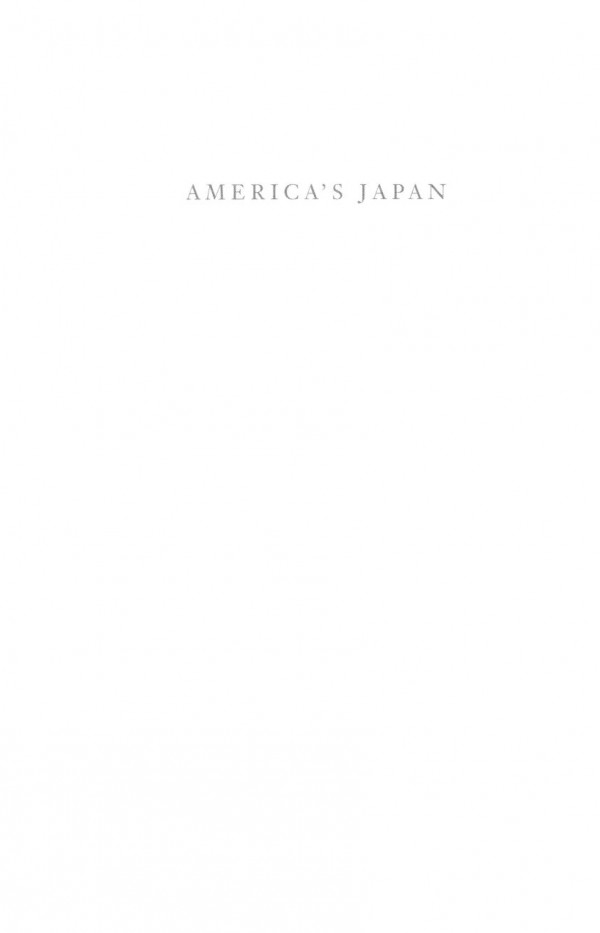

Most ebook files are in PDF format, so you can easily read them using various software such as Foxit Reader or directly on the Google Chrome browser.
Some ebook files are released by publishers in other formats such as .awz, .mobi, .epub, .fb2, etc. You may need to install specific software to read these formats on mobile/PC, such as Calibre.
Please read the tutorial at this link: https://ebookbell.com/faq
We offer FREE conversion to the popular formats you request; however, this may take some time. Therefore, right after payment, please email us, and we will try to provide the service as quickly as possible.
For some exceptional file formats or broken links (if any), please refrain from opening any disputes. Instead, email us first, and we will try to assist within a maximum of 6 hours.
EbookBell Team

5.0
108 reviewsOne of the few non-Japanese Americans trained to read, write, and speak Japanese, Princeton undergraduate Grant Goodman had a privileged position during World War II. As an Army lieutenant, Goodman served in the Philippines at the close of the war and in Tokyo as an intelligence officer on General Douglas MacArthur’s staff. Goodman translated thousands of letters, interviews, and other documents by Japanese citizens of all kinds, and came to know, as few Americans could, the “hearts and minds” of a defeated people as they moved slowly to democracy.
This book is a not only a fascinating personal chronicle of Grant Goodman’s unique experience in Japan. Moving deftly between his role as an Army officer gathering essential information and as a young scholar fascinated by Japanese culture, he provides a vividly drawn portrait of daily life in occupied Tokyo.
Here he looks back at signal events: Japan’s responses to occupation, the writing of the new constitution and the de-deification of the Emperor, the International Military Tribunal and the issue of Japanese war crimes, reactions by ordinary Japanese to American occupiers, and much more.
September 2, 2005, marks the 60th anniversary of the Japanese surrender on the deck of the USS Missouri. First published in Japanese in 1986, America’s Japan is not only superb history. It is also a timely reminder of the realities of war and the responsibilities of victors and vanquished alike.